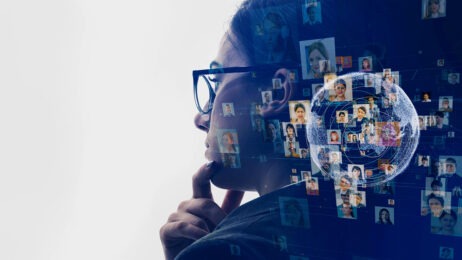Event professionals strive to create the most efficient, meaningful and inspirational experience for their participants. For that, we educate ourselves about various event-design methods, invent new formats and engage state-of-the-art event technologies. Yet, we study and apply little of what is fundamental to making events a truly impactful tool—namely, psychology and neuroscience.
Why are these fields critical to include into the knowledge and skill set of any event professional? It’s because at their heart, all events are about people—their interaction, cooperation and communication.
An understanding of human behavior patterns, biases and influencing factors can enhance interactions (such as between organizers and event participants, inside the event team, and between organizers and partners) in a more efficient and intentional manner. Guiding event attendees to achieve certain goals and change their behavior requires a solid understanding of what actually causes people to change and take action, what motivates them and what determines their actions and feelings. Psychology and neuroscience findings are therefore essential in planning almost every aspect of an event.
Prime for Learning
First, every event is about learning something new. For learning processes to be efficient, event professionals need to know what helps our brains digest, process and remember information; how our attention function works; how to avoid information overload; and what elements can support creativity and problem-solving skills. These are examples of where cognitive psychology and neuroscience domains become critical.
Consider Social Biases
Every event is about meeting with other people. That often means meeting with strangers who have their own unique character, mindset, way of communication and networking goals. To make networking successful for everyone involved, event organizers should be aware of the various types of personalities, how people feel and behave in the presence of others and how social relationships form—things that, for example, social psychology can largely inform us about.
Design Emotional Experiences
Finally, every event requires creating emotional peaks; it’s a moment in time that is filled with feelings very distinct from those we experience in regular life. How does your event make participants feel? Can you engineer specific emotions? People make decisions based on emotions first, so would your event participants decide to come back or promote your event among their networks based on how you made them feel?
As you can see, it is essential to learn how emotions are created, what elements of event design intensify which emotions, and how to build that emotional connection that is fundamental to the event’s success—that is, to learn more about psychology and neuroscience of emotions.
While I have no doubt that all the developments the events industry has been going through over the recent years are important, I believe we overlook one that is pivotal to making event experiences truly impactful: applying psychology and neuroscience to event design. I therefore urge all event professionals to stop sitting on a gold mine and instead leverage findings provided by these sciences to the benefit of their next event.
Victoria Matey is co-founder of Matey Events business events consultancy, and is an award-winning business events professional.




